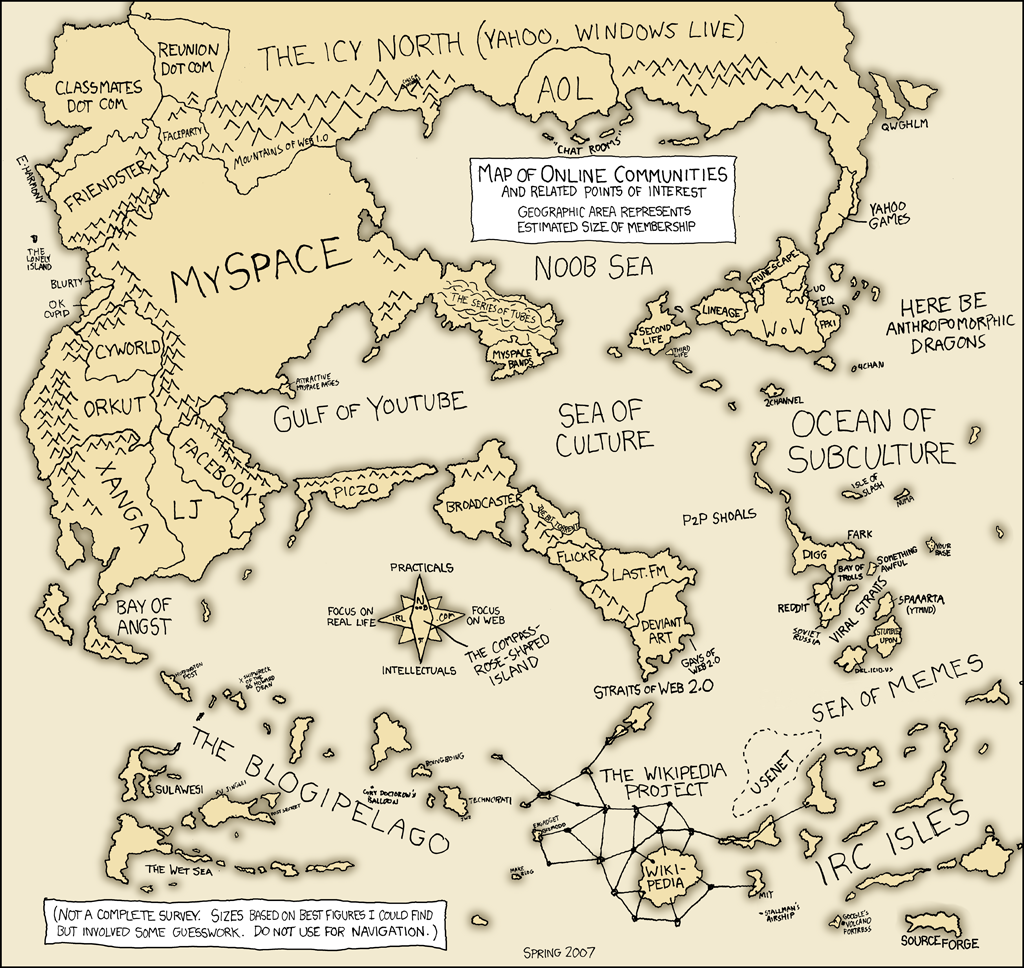 |
| if life were only like stock photos |
The Internet has always been subject to much speculation and rightly so. Will it promote and strengthen human bonds through its developed system of networks or will it just cheapen relationships we once deemed valuable? I don’t know and I’m sure no one else does.
The Internet seems like an end product already. I can’t imagine anything better than this, other than telekinesis. Its remarkable simplicity and adaptability makes it so. This is the venue for the future. All these links and networks form more and more new links and networks and people are finding more creative and useful ways to connect. The only thing I fear is the eventual centralization of these networks whose original objective was to actually widen and spread control (the Facebook phenomenon for example) but that’s a discussion for another day.
One cannot simply use the Internet and not know how it works as one does not simply walk into Mordor. Ignorance can only lead to trouble so it’s important for people to understand how the web works. The Internet is a service. Sadly, there is no such thing as a free service. The good news though, is that we usually don’t bear the cost. It’s a corporate-driven entity which is why the Webz is flooded with ads and why hippies will never warm up to it. The Internet has two major attractions for companies: the humongous number of users and its unique property as a megacosm of real life. Reaching the widest audience possible would be a more than good enough reason for advertisers to get involved in the Webz but being able to study and observe human behaviour through individuals’ online activity is another pot of gold.
Internet economics is much more complex than I initially thought. I only realized this after watching The Virtual Revolution series. It’s primarily because the Internet is kind of new. Everyone remembers the dot-com bubble and how it collapsed under the hype of the net. Since then, the companies and entrepreneurs adapted and developed ingenious ways to reach their target markets and make money off the Intarwebz. What interests me though is the uncertainty of Internet economics. Like offline advertising, there’s really no way to calculate the actual returns of investment besides a hit counter. I’d also like to point out Google’s business model. Besides providing a venue for advertisers, they make money by selling compilations of search queries to companies but the companies don’t even know what to do with them. I’d like to think this uncertainty works both ways: it makes them fearful or it encourages them to make a gamble.
It’s safe to say that humans, in general, have a wanting to preserve their humanity. It’s what makes us different from any other animal: the ability to think and feel in ways unbound by the natural callings of life. The ability to socialize and communicate in text, symbols and connotations makes us uniquely human but all the communication and sharing you do offline, you can now do online. The only difference is the apparent distance. Far isn’t an excuse anymore and this is what Internet scholars and critics are always talking about. By taking away the inconvenience of lag time and effort, are Internet users starting to take the human factor for granted? It’s hard to tell because again, the Internet is relatively new and any study on it can ONLY be so conclusive.
It feels strange to be part of another digital revolution. I was at the centre of the 32-64bit generation when video games became THE technology kids couldn’t leave without. Almost every kid I knew had a Playstation or *scoff* an N64. Now everyone’s on the Internet and I’m once again inside looking out. I’ll never know exactly how other people see us, digital natives. I’ve lived with the Internet for the better part of my live and video games for the majority of it. Technology is now an integral part of my life. I’ll never know life without it and I don’t care its critics see it. I’m sure some uses and gratifications-esque theory or some other fabrication will grant the Internet some justice, at least in the “academic” field.
 |
| tell us please. |
-Wacky
-------------------------------------------------------------------------------------------------------------
A reaction to:
"Homo Interneticus/5." The Virtual Revolution. BBC. 20 Feb. 2010. Television.
"The Cost of Free/3." The Virtual Revolution. BBC. 13 Feb. 2010. Television.

"Will it promote and strengthen human bonds through its developed system of networks or will it just cheapen relationships we once deemed valuable? I don’t know and I’m sure no one else does."
ReplyDeleteTo the statement above, in my own opinion, I think it will promote and strengthen human bonds if we know how to. It will definitely widen the scope of our social contacts but let's not forget our human (social) responsibility to avoid the "cheapening" of relationships. The Internet is a tool-- just like, mobile phones? It's not an excuse to have "cheap" relationships.
PS. Ang deep ng post na ito. I love it.